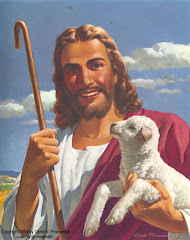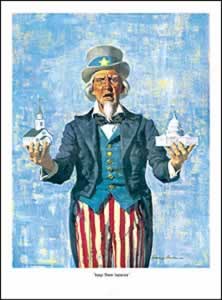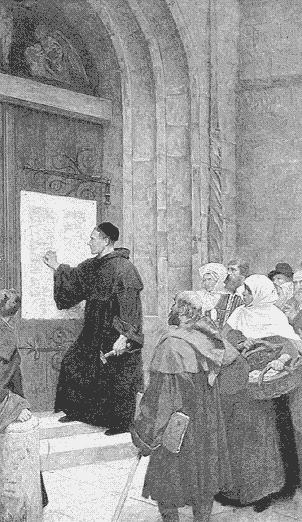The general secretary of the World Council of Churches, Dr. Olav F. Tveit met in a private audience with Pope Benedict XVI at the Vatican; his first meeting with the Pontiff since assuming office as the general secretary, and his second visit to the Vatican. The two discussed at length about a number of issues such as the Middle East, but primarily on “visible church unity.” The question is church unity under whose teaching?
“We had a very open and friendly conversation,” said Tveit, where he emphasized the “importance of the World Council of Churches’ work,” and what he has been called to do as the general secretary.
Benedict XVI expressed his interest in how the W.C.C. are now developing and planning for the work they are going to do in the future, where Benedict XVI has himself been involved in the W.C.C.’s Commission on Faith and Order since the 1970s, when he was still cardinal Jozef Ratzinger.
Could it be possible that Ratzinger, a Catholic official, was patiently sowing the seeds of ecumenism and Catholic doctrine during his tenure as Prefect for the Congregation of the Doctrine of the Faith in Rome? Today the fruit of the ecumenical movement is being seen through the increased cooperation of these bodies with the Catholic Church. Benedict XVI is trying to consolidate this ecumenical cooperation.
The mission of the W.C.C., an organization of 349 churches, excluding the Catholic Church seek “unity, a common witness and Christian service.” The W.C.C. is composed of mostly liberal mainline Protestant, Orthodox, Pentecostal and Evangelical denominations, who deny such essential doctrines as the inerrancy of the Scriptures and the literal bodily resurrection of Christ. These principles lead directly to papal authority. The Papacy wants to “sit a queen” (Revelation 18:7).
During the meeting, the Pope was interested in theological issues and how to “strengthen the work of visible unity between the churches.” Benedict spoke of the Bible being the centrepiece as one way (not the only way) of strengthening church unity. Historically however, once the Holy See controls the interpretation of scripture, she also controls the people. Ultimately the Vatican insists that the authority of the pope is the point under which unity centers.
“The Roman Church reserves to the clergy the right to interpret the Scriptures. On the ground that ecclesiastics alone are competent to explain God’s word, it is withheld from the common people.” The Great Controversy, p. 597.
Rome continues to work with the churches of the W.C.C. As the chuches have come closer to each other and to Rome in doctrine and practice, their own distinctive doctrines have diminished or even disappeared, while papal moral and ethical teachings are more and more prominent.
Tveit stated that the Catholic Church becoming a member of the W.C.C. was not a “pressing or urgent issue.” “It [has] a strong cooperation in commissions, but it is also a cooperation that is going on every day.” Rome doesn’t need to join the W.C.C. because they are all looking to her for guidance in their ecumenical development. Rome continues to be the mother church. See Revelation 17:5.
















0 comments:
Post a Comment